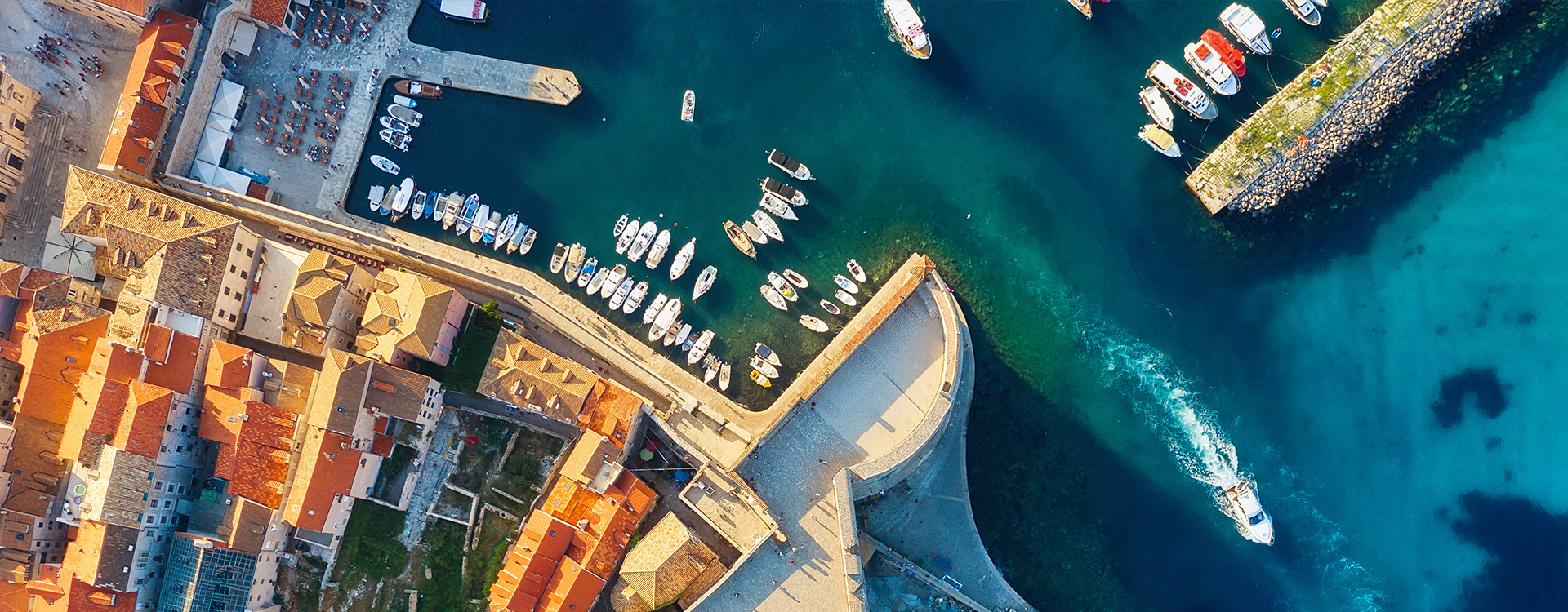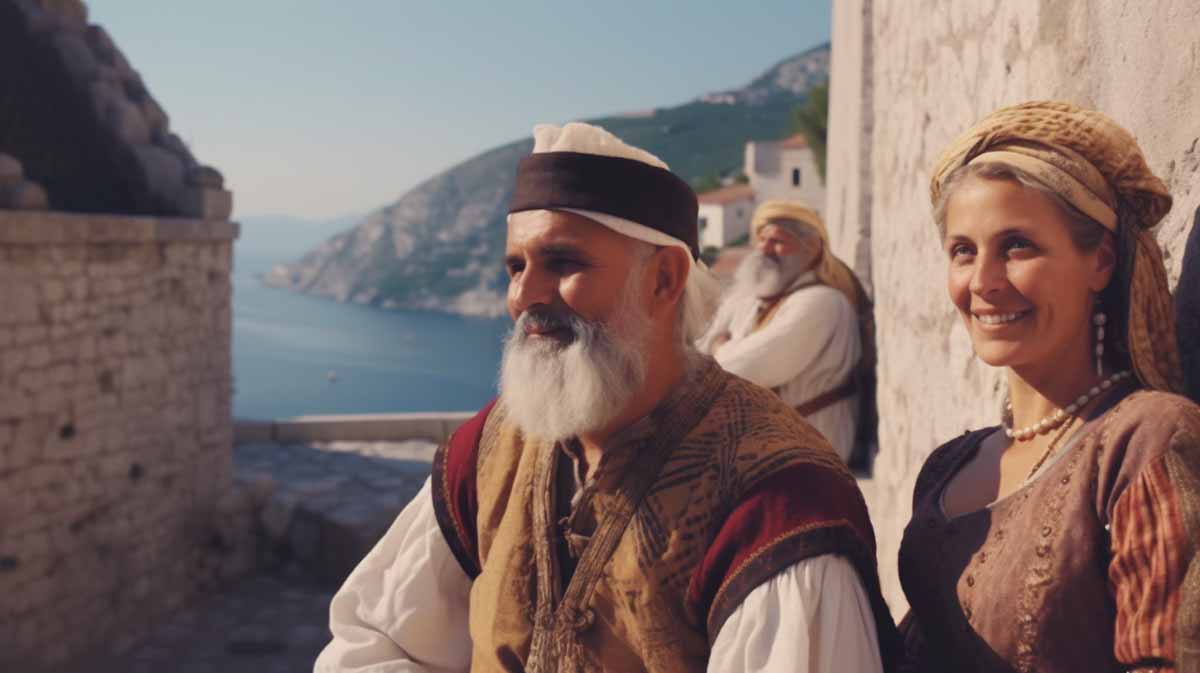Croatia is a country of diverse landscapes, rich history, and vibrant culture spanning from the stunning coastline that boasts beautiful beaches, the historic towns, and cities such as Split and Dubrovnik, to UNESCO world Heritage Sites of the Old City of Dubrovnik, Diocletian's Palace in Split, and Plitvice Lakes National Park, and not forgetting the vibrant culture echoed in their culinary delights and amazing outdoor activities.

